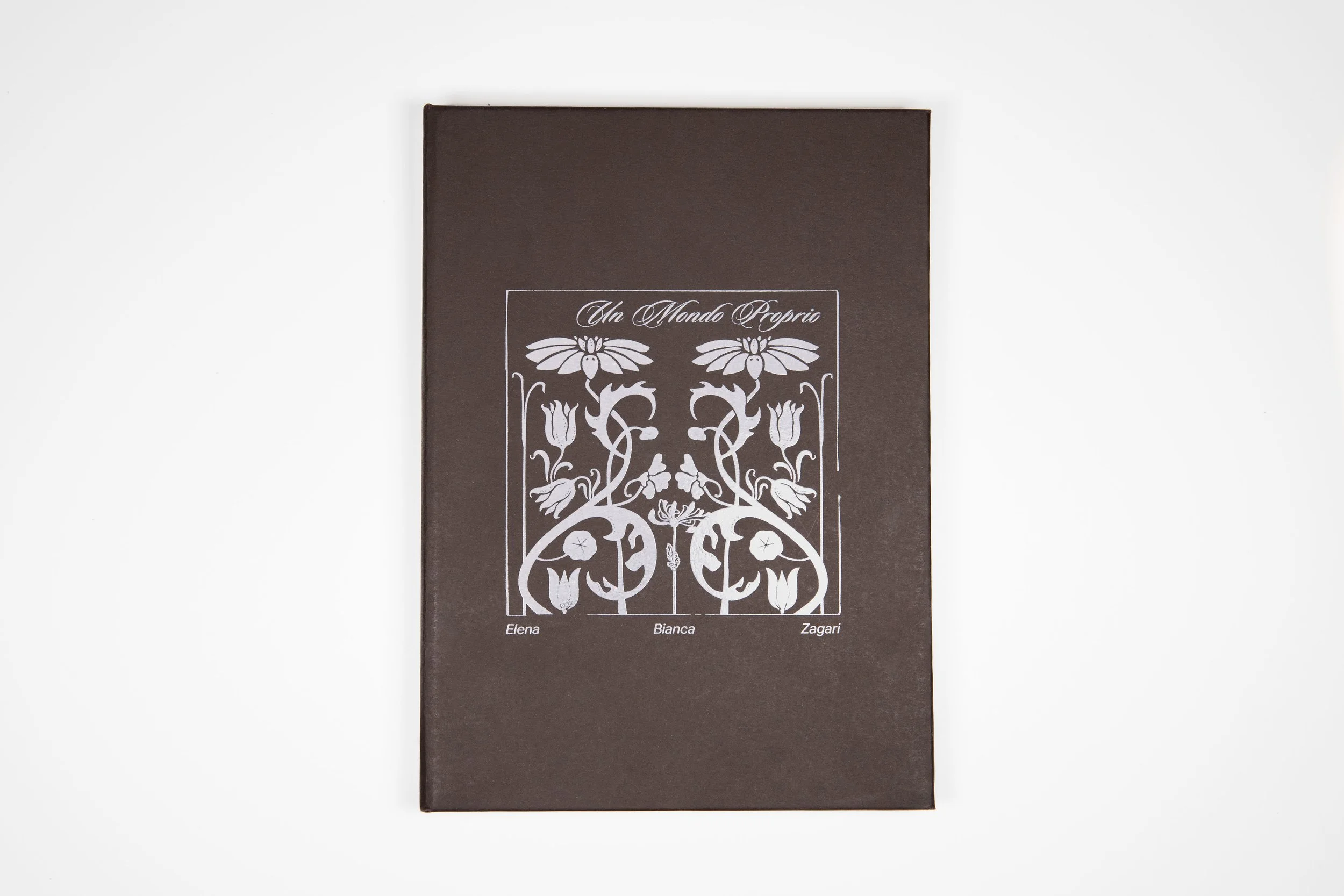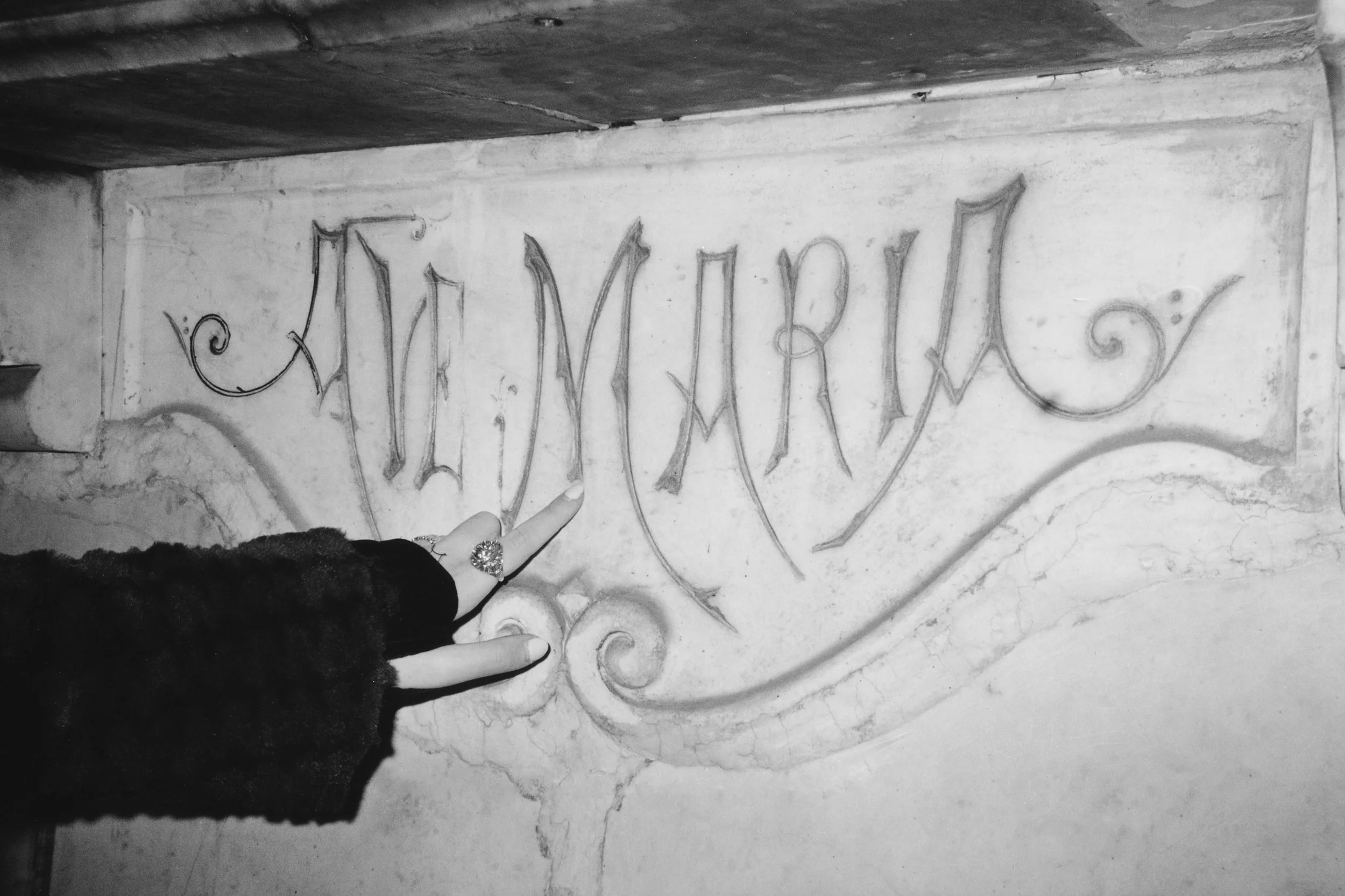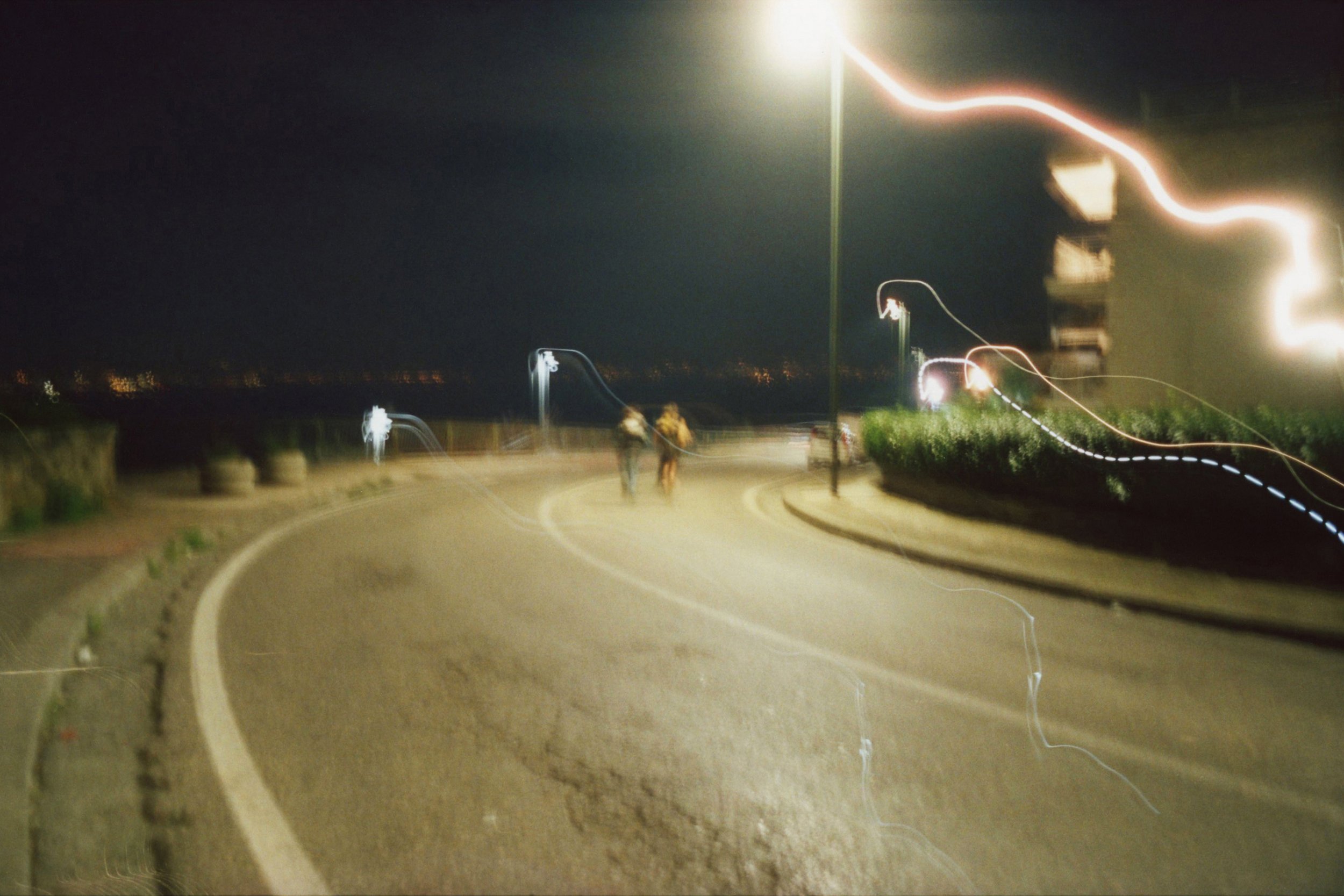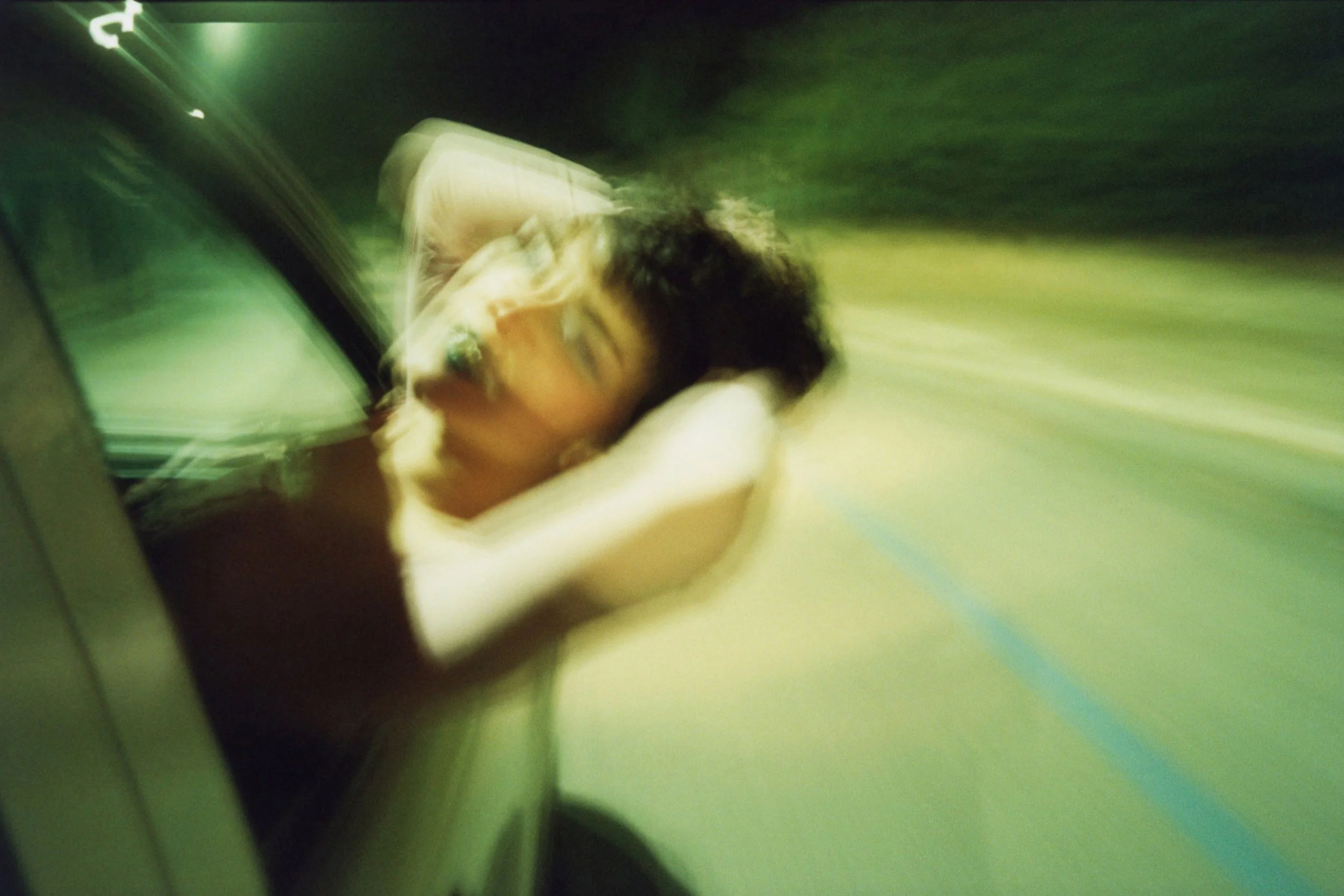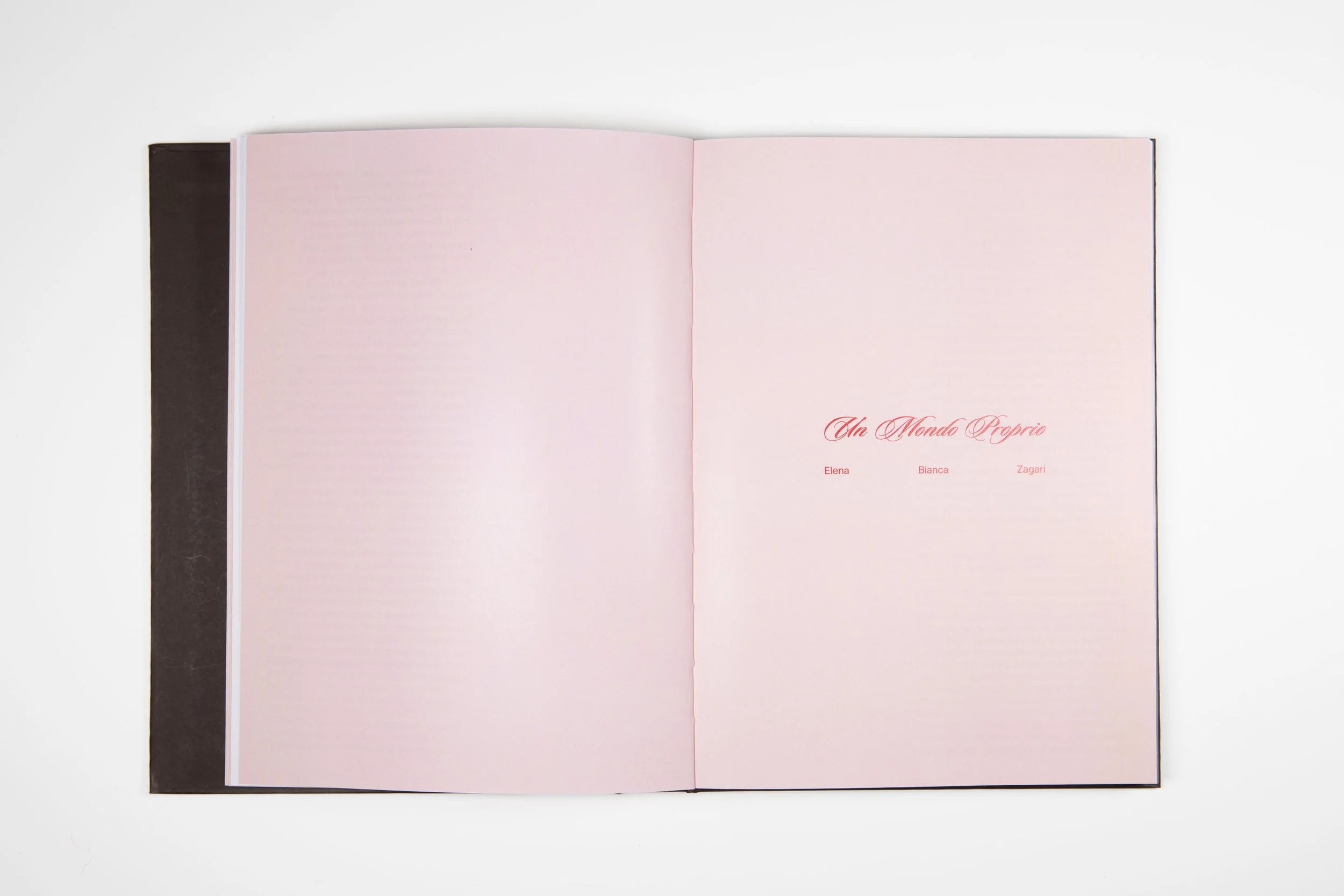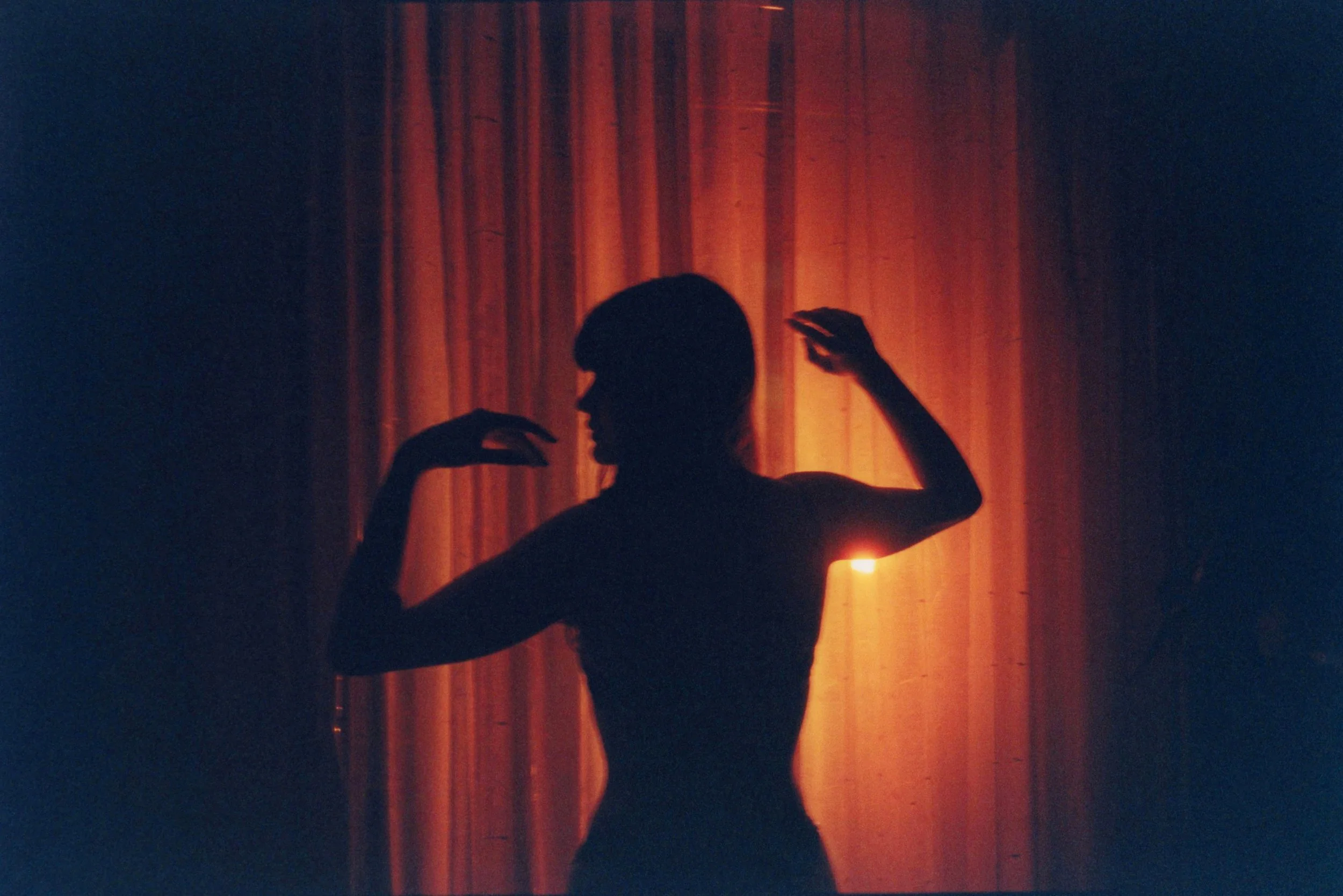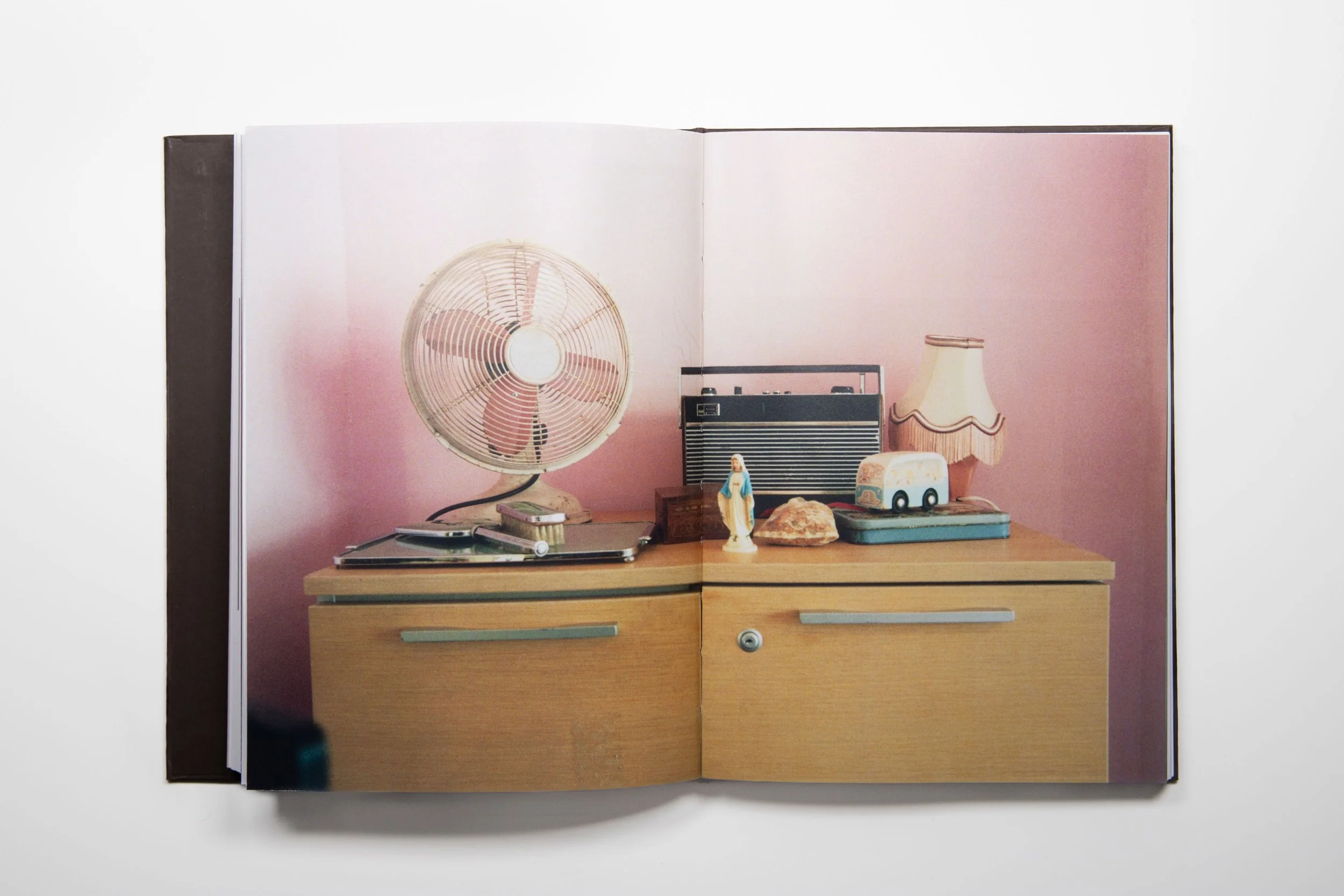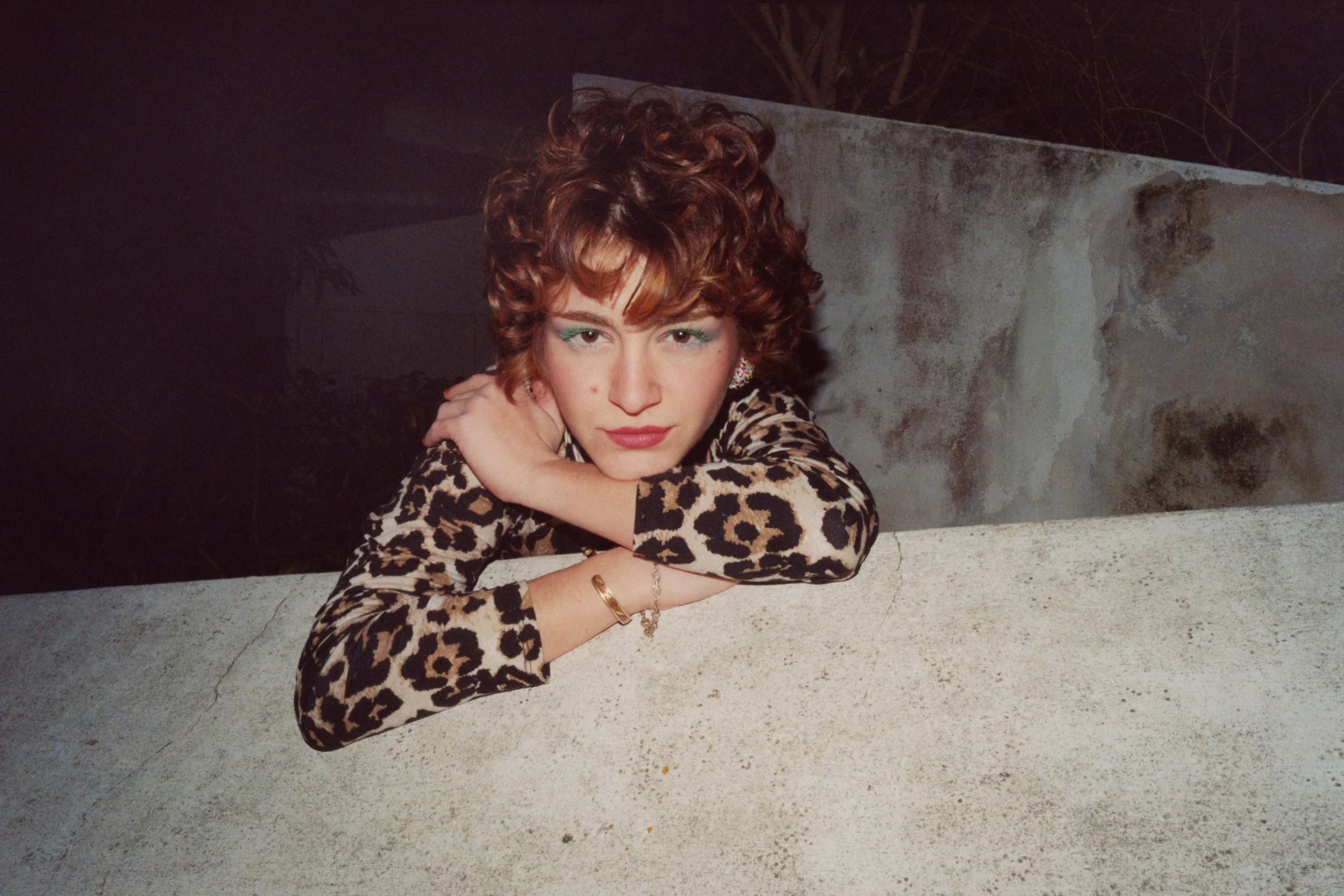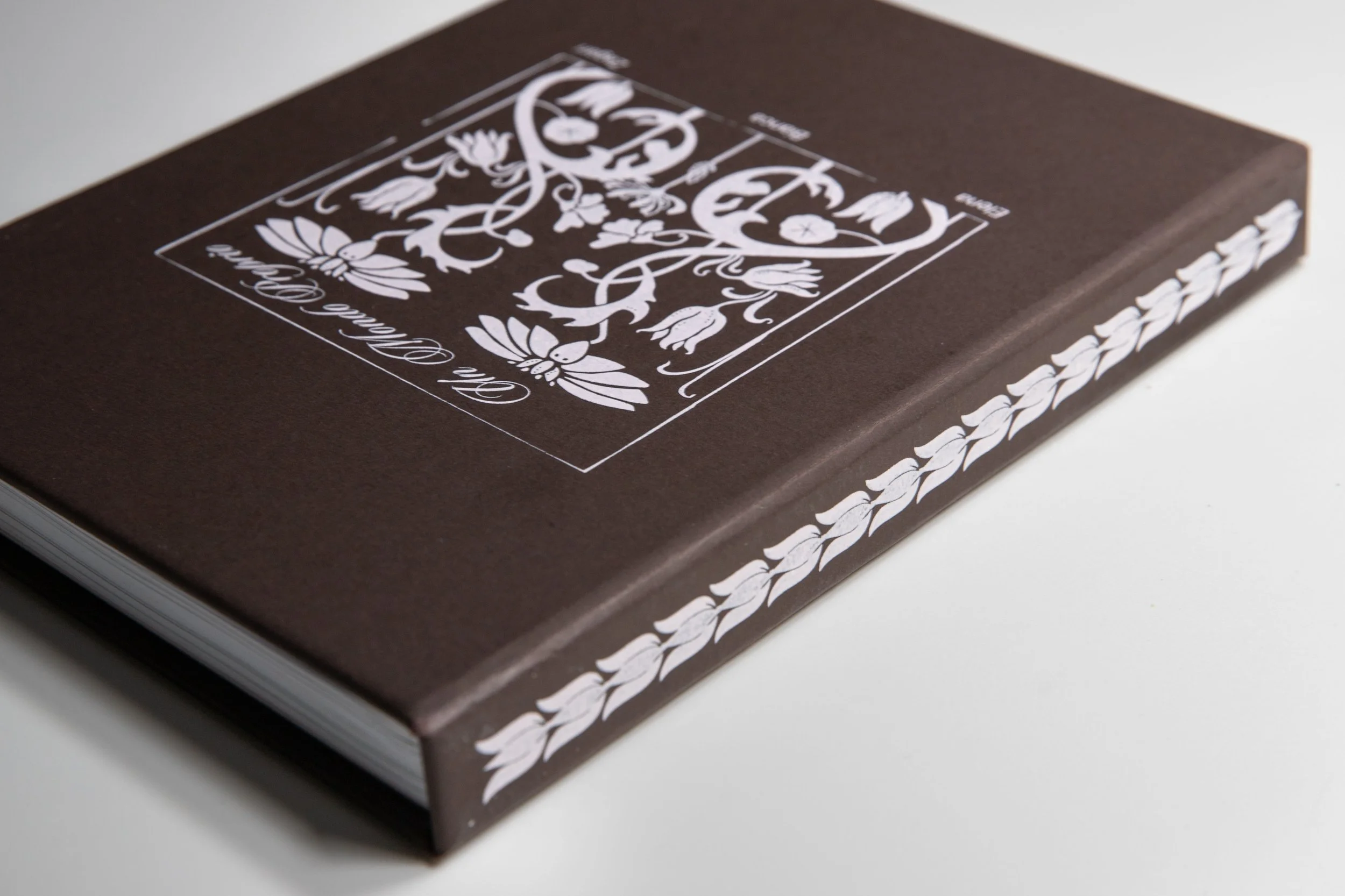Un mondo proprio is about the quiet worlds women build to survive, dream, and belong. What began as a series of small, almost ordinary observations — a gesture, the angle of light in a room, the hesitation in someone’s posture — slowly revealed an emotional landscape. These fragments became a way of tracing how identity is shaped not only by the places we inhabit, but by the inner spaces we create to feel safe, real, and whole.
At the heart of the project is the idea that strength has many forms. It can be soft or unspoken, loud or resistant; often it is tenderness that becomes the most political gesture. Through portraits, interiors, and subtle self-representations, the work reflects on how caring for oneself and shaping one’s physical identity can become acts of self-possession — small declarations of presence in a world that frequently overlooks or stereotypes women’s experiences.
Un mondo proprio invites the viewer into these private, self-defined spaces without urgency or conclusion. The images live in the fragile balance between exposure and protection, offering a visual diary of interiority that feels both personal and shared. It is a quiet book, but not a passive one: it speaks through nuance, through atmosphere, and through the beauty of worlds that women build for themselves.
